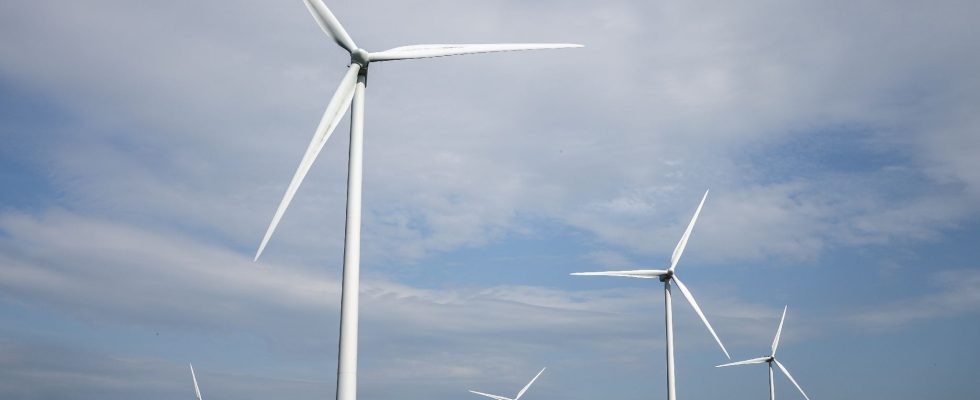Everyone should have understood: an optimal public policy strategy must address economic, ecological and social issues head-on and in the same gesture. Improving living conditions is not possible without growth, productivity and innovation. The distribution of activity across the territory is not conceivable without reindustrialization – services tend to be concentrated in metropolises. The fight against greenhouse gas emissions comes from the decarbonization of our production processes. Haro on intellectual and political silos, and on degrowth!
This need to address these three issues at the same time was perfectly understood by the Biden administration which designed its now famous IRA – Inflation Reduction Act – in this sense. To summarize, the IRA consists, for its most visible part, of a vast system of tax credits – an envelope of 400 billion dollars in total to be spent over ten years – intended to reduce the cost of investments in decarbonization . Combined with other measures in favor of industry, it results in the meteoric rise of the industrial sector of the green economy, which contributes to the ultra-rapid reindustrialization of the United States.
The world’s largest economy is growing its productive engine. This country, which had the image of a climate skeptic giant, especially when Donald Trump made it leave the Paris agreement, is becoming, thanks to this policy, one of those which will produce and export decarbonization technologies from the planet. Hats off to Biden, who is hardly benefiting in the polls. Injustice in political life. Well hats off to France and Bercy too. Our country, instead of participating in the concert of European leaders united in denouncing this “unfair competition”, is in the process of equipping itself, within the framework of the 2024 finance law, with a similar tool, in its design and even, all things considered, in its budgetary scale.
In total indifference – we are always too discreet when we do things well – our economy will have at its disposal from January a tax credit for green industry copied from the American IRA. This system will allow manufacturers to benefit from a tax credit of 20 to 45% of their investment in green technologies. It’s not nothing ! This support concerns all investments necessary for the production of batteries, solar panels, wind turbines and heat pumps. Such a tax cut will help our companies to innovate in this green sector and to export: good for the economy, good for employment, good for the planet and good for morale.
For once, a European country reacts with a political act to an American initiative, and it is France. Obviously, having such a system is not free, which is why, with all due respect to some unrealistic liberals, it is necessary to target it. Bercy forecasts a cost for the State of 500 million euros in 2024, and an increase to 3.7 billion euros when the measure is running at full speed. Given the stakes, these tax cuts are well invested. Better in any case than the hundreds of aids that SMEs can benefit from for their ecological transition and which have absolutely no impact, either on our economy or on the climate. What can be problematic with this credit is not its cost but its complexity. That the administration drowns companies in forms, administrative requirements and controls, and that the smallest of them become discouraged and leave this system to the larger ones, like what we see with the research tax credit, another perfect device on paper, that is the danger.
This is also American strength. In the United States, we support businesses and the burden of proof rests on the administration. In France, we “grant” aid to businesses and put in place 10,000 safeguards to avoid fraud. Let us not let this excellent measure become the victim of the lack of confidence which affects our society, and of French bureaucratic passion. The tool is magnificent. Let’s make sure it’s used.
Nicolas Bouzou is an economist and essayist
